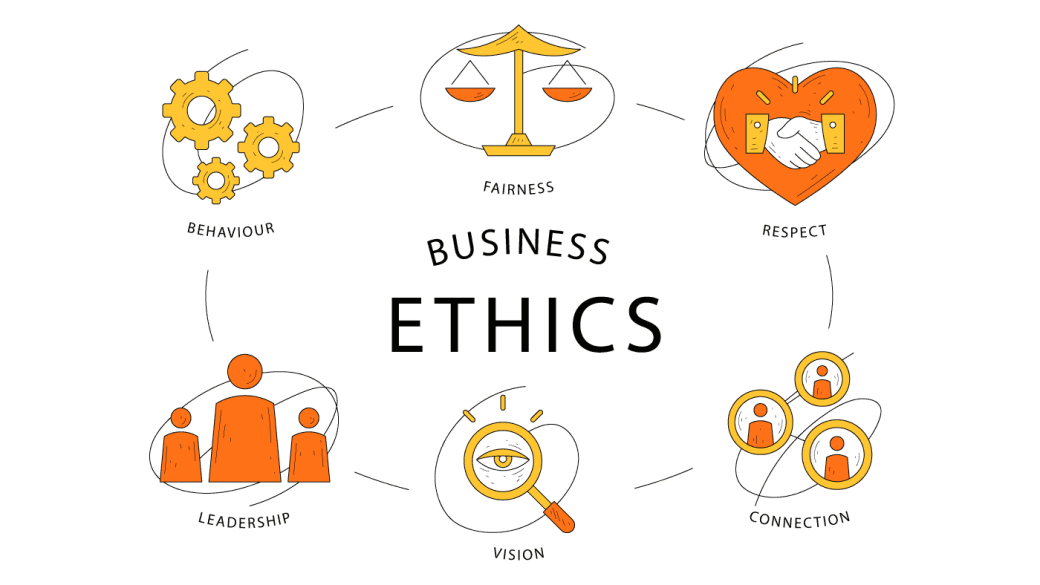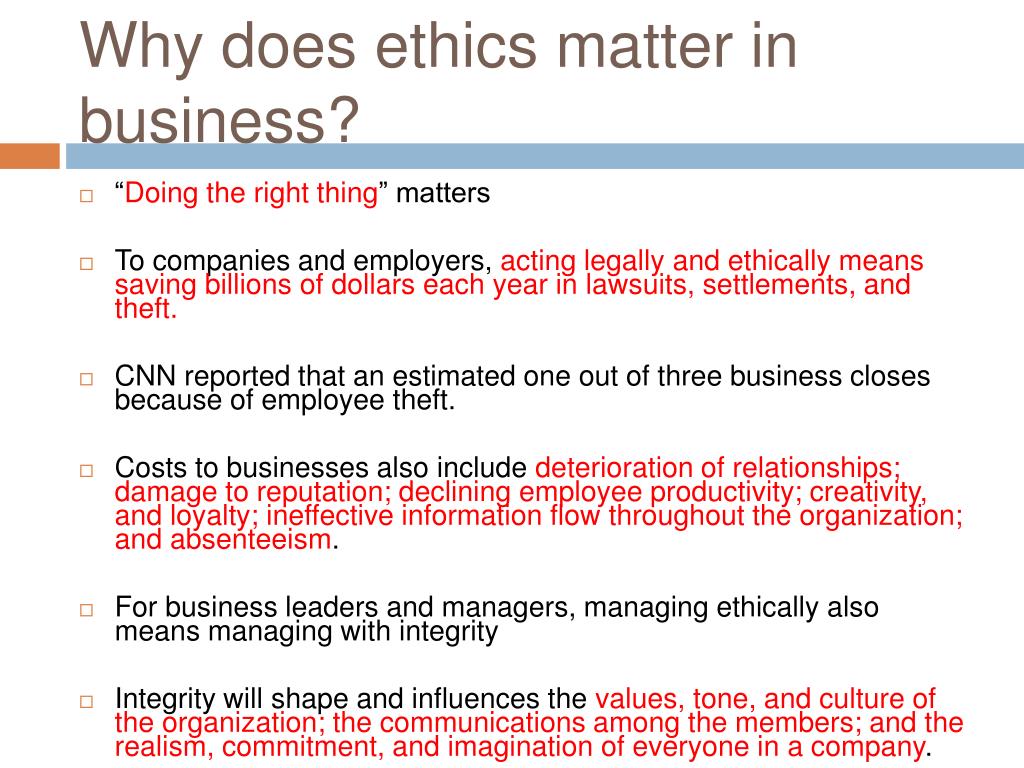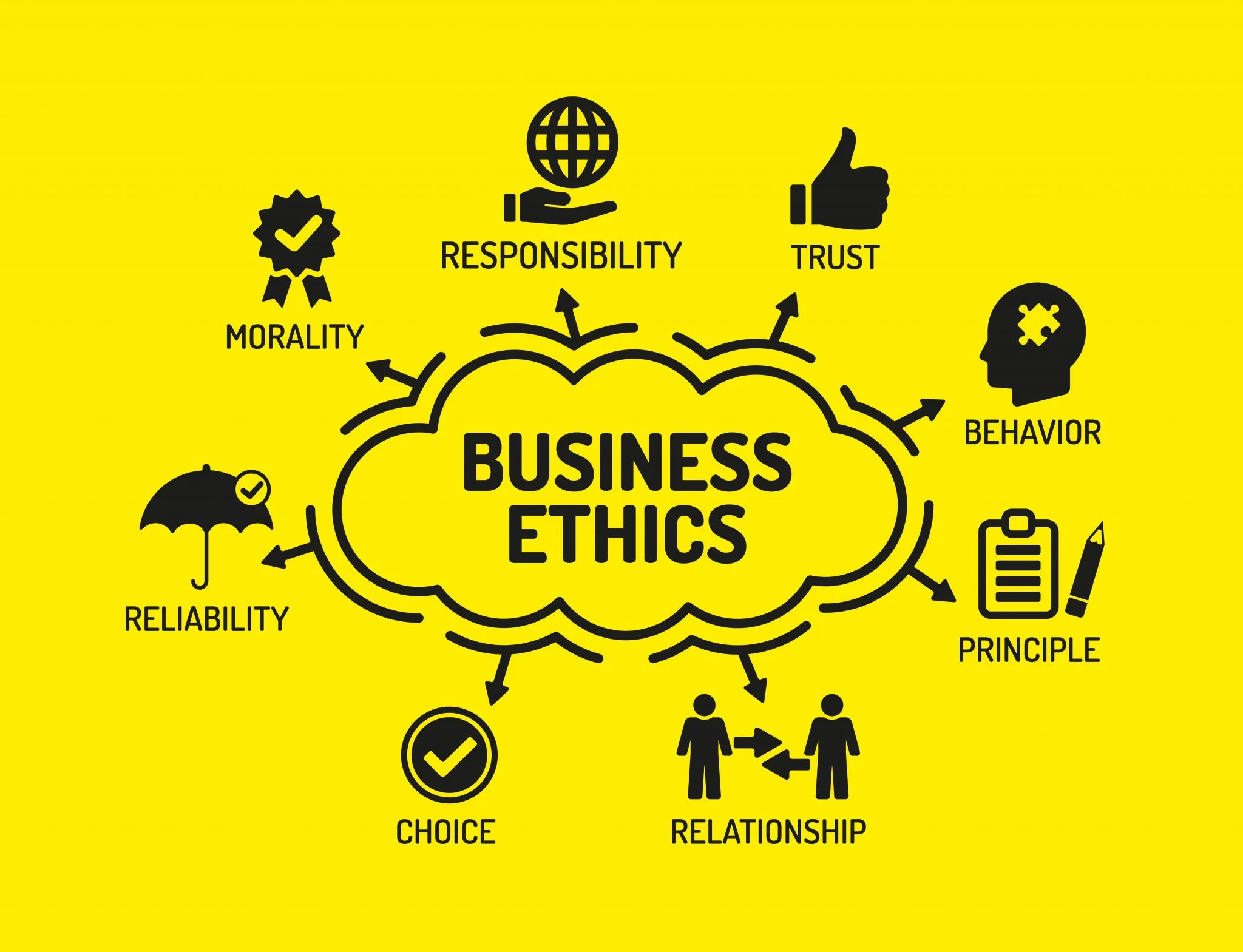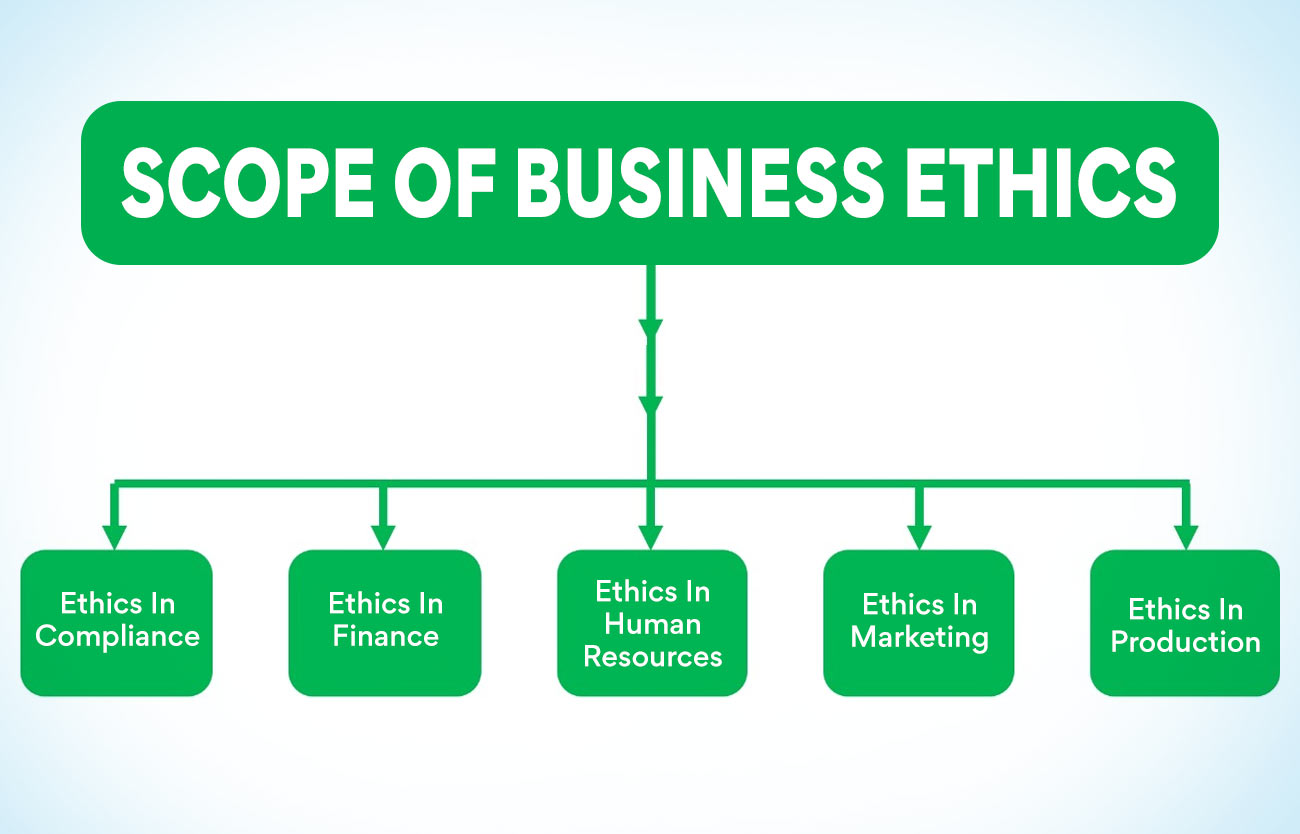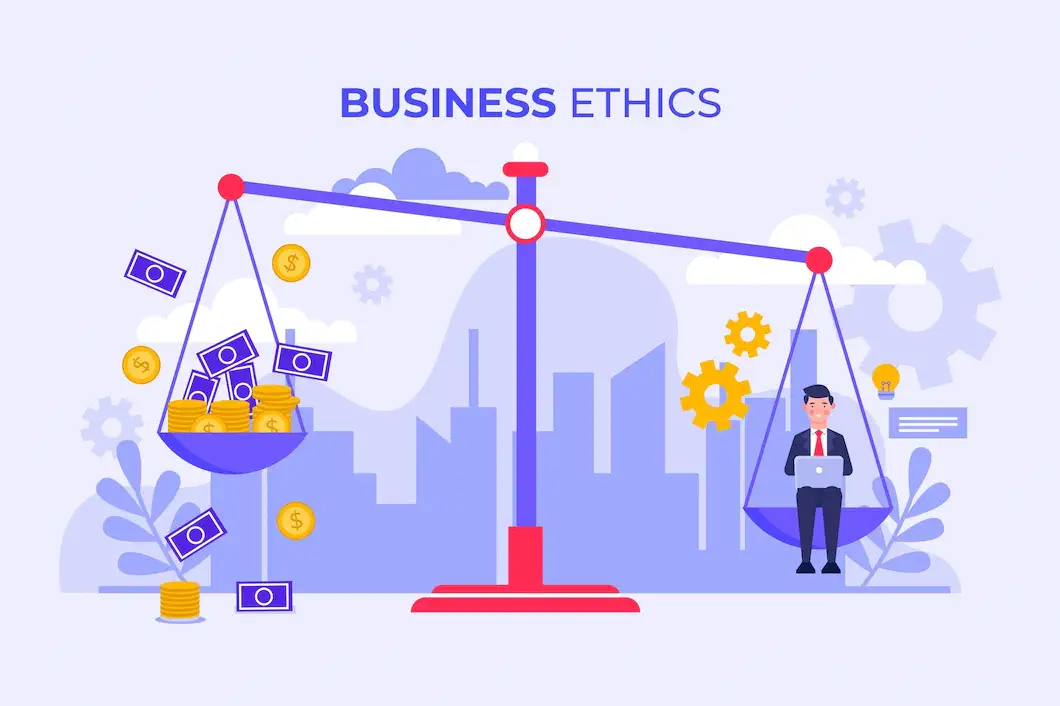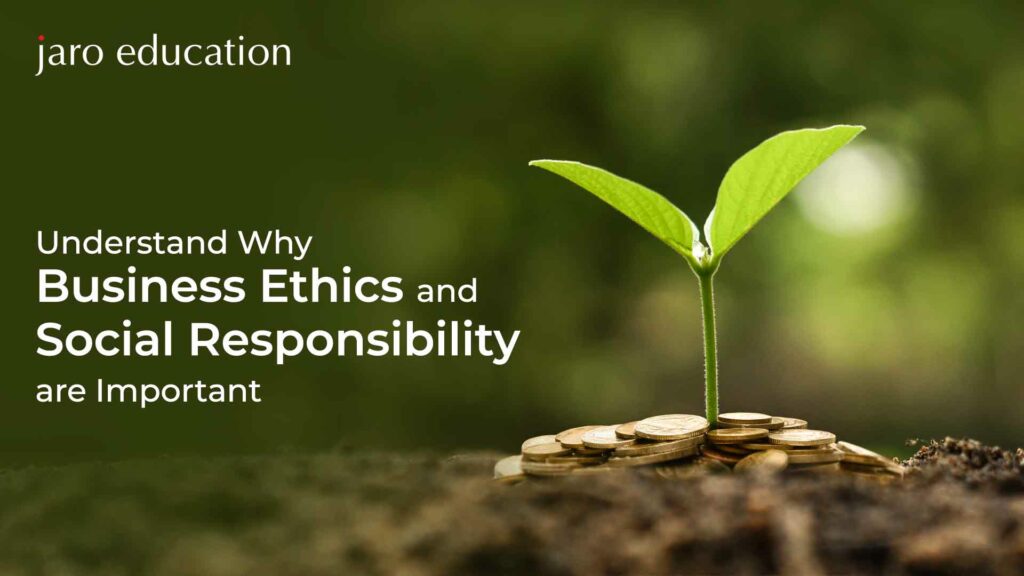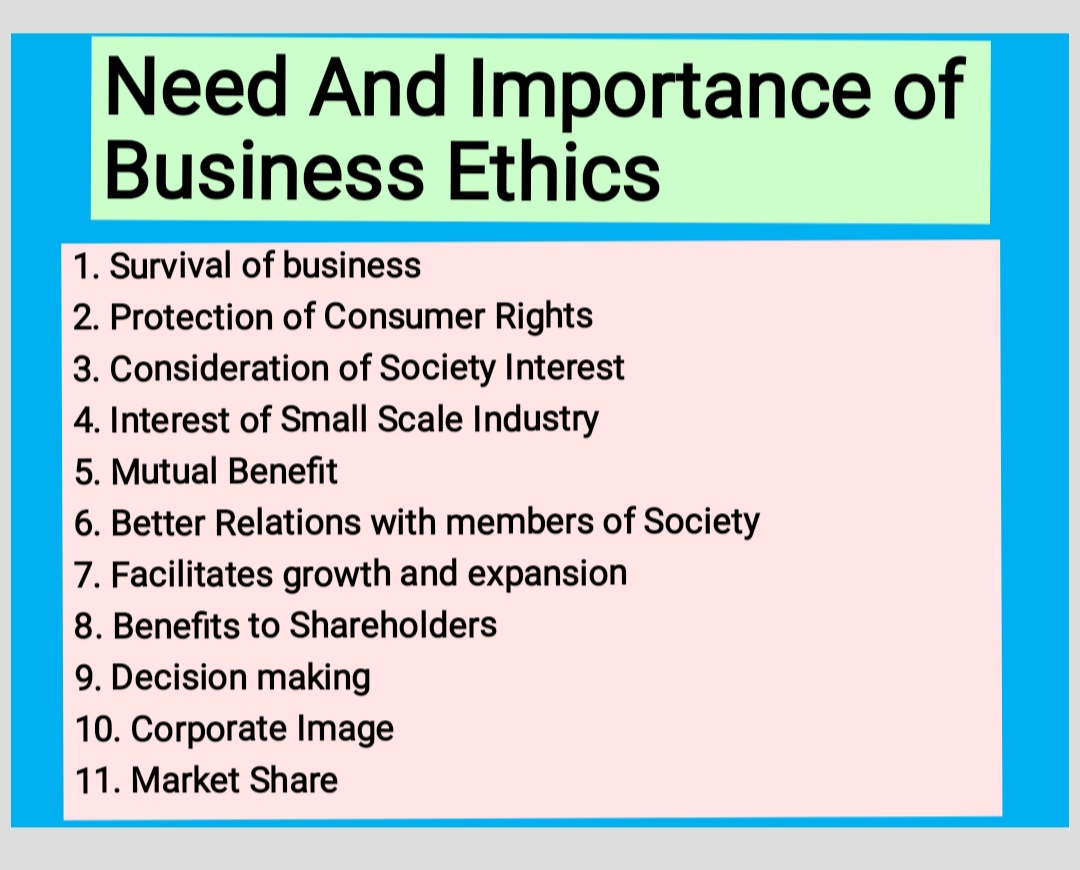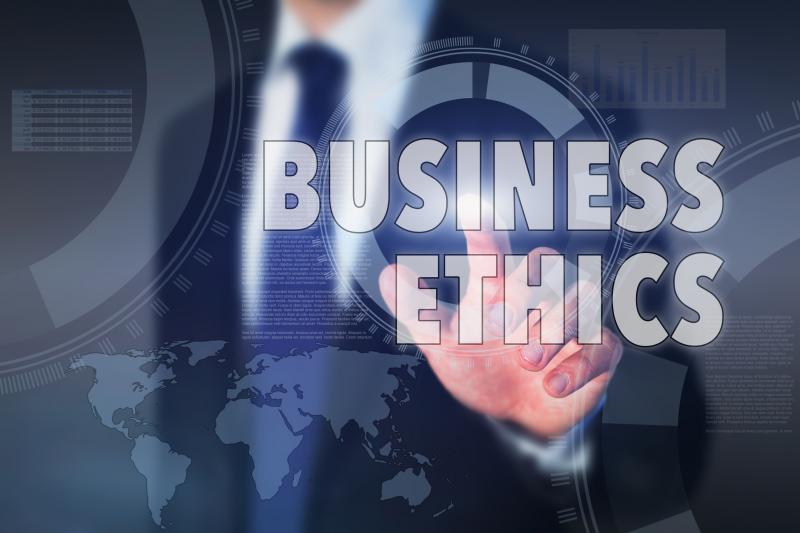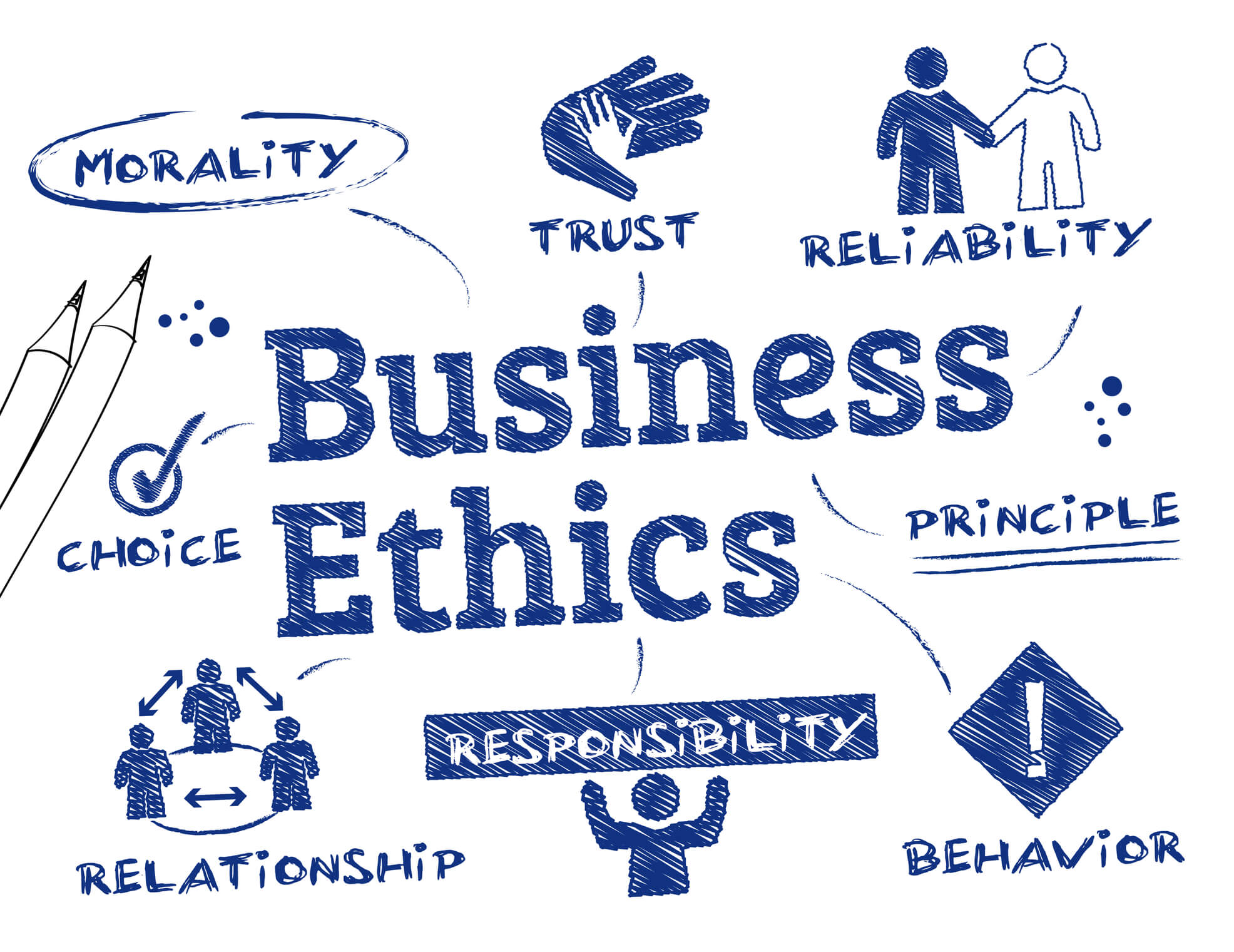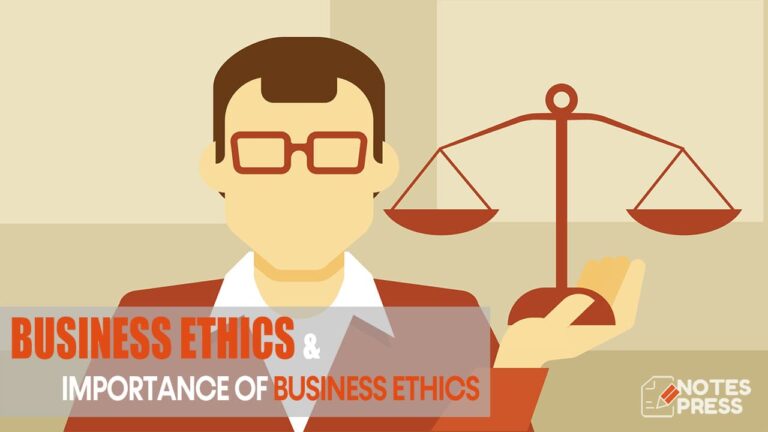Why Is Ethics Important In Business
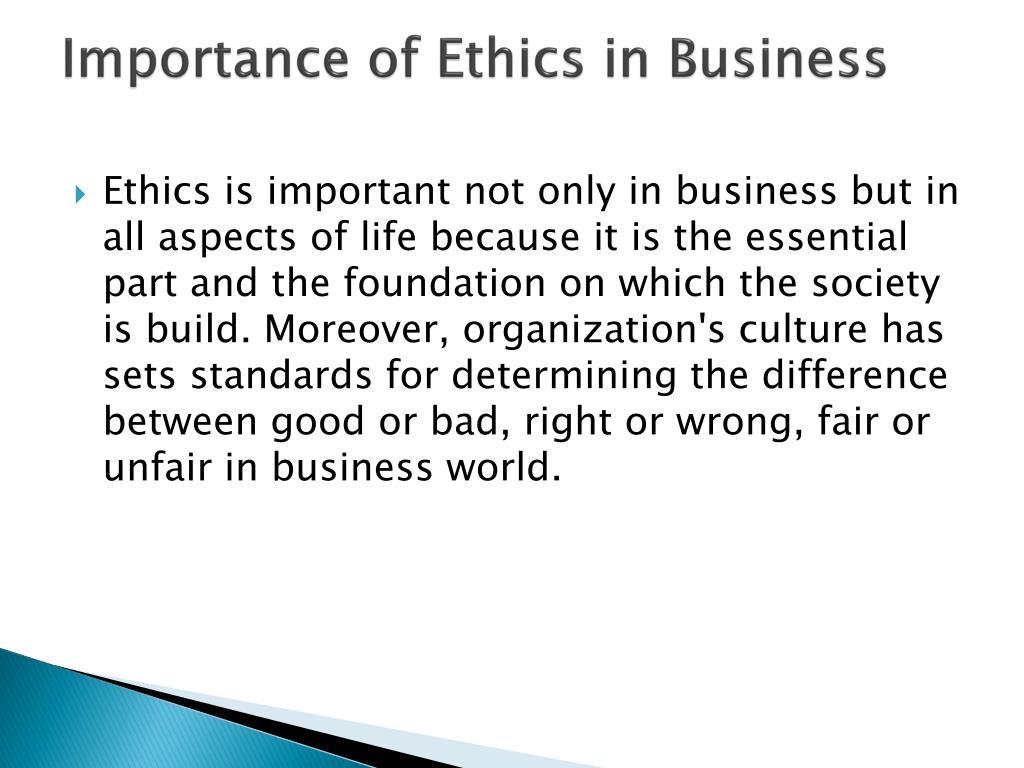
The relentless pursuit of profit, often glorified in the business world, can sometimes overshadow a critical element: ethics. From deceptive marketing practices to environmental negligence and financial fraud, ethical lapses continue to plague industries globally, eroding public trust and causing significant economic and social harm. But why exactly is ethics so vital in business?
At its core, business ethics provides a framework for responsible decision-making, guiding companies and individuals to act with integrity and fairness. Ignoring ethical considerations can lead to legal repercussions, damage to reputation, and ultimately, the downfall of an organization. This article delves into the multifaceted importance of ethics in business, exploring its impact on stakeholders, sustainability, and long-term success.
Building Trust and Reputation
A strong ethical foundation is paramount for building trust with customers, employees, and investors. Consumers are increasingly discerning, favoring companies known for their ethical practices and boycotting those with a history of misconduct. A 2023 study by Edelman, a global communications firm, found that 83% of consumers globally say trust is a deciding factor in their purchasing decisions.
Furthermore, ethical behavior fosters a positive work environment, attracting and retaining talented employees. "Employees are more likely to be committed and productive when they believe their company operates with integrity," says Dr. Anya Sharma, a professor of business ethics at Wharton School of the University of Pennsylvania. This, in turn, translates to improved performance and innovation.
Investors also recognize the value of ethical businesses. Environmentally, socially, and governance (ESG) investing is gaining traction, with more investors seeking companies that prioritize ethical and sustainable practices. Companies with strong ESG ratings often attract more capital and enjoy better long-term financial performance.
Mitigating Risks and Ensuring Compliance
Ethical practices play a crucial role in mitigating legal and regulatory risks. Compliance with laws and regulations is essential, but ethics goes beyond mere compliance, encouraging businesses to do what is right even when not legally required. By proactively addressing ethical concerns, companies can avoid costly lawsuits, fines, and reputational damage.
Consider the example of Volkswagen, which faced a massive scandal in 2015 after it was discovered that the company had cheated on emissions tests. The fallout included billions of dollars in fines, significant damage to its brand reputation, and criminal charges against executives. This serves as a stark reminder of the potential consequences of unethical behavior.
Effective risk management relies heavily on ethical leadership and a strong ethical culture. Implementing robust ethics programs, conducting regular training, and establishing clear reporting mechanisms can help identify and address ethical dilemmas before they escalate into major problems.
Promoting Sustainability and Social Responsibility
Business ethics extends beyond individual transactions to encompass a broader responsibility towards society and the environment. Sustainable business practices, such as reducing carbon emissions, conserving resources, and promoting fair labor standards, are becoming increasingly important for long-term success. Companies are starting to understand the impact their decisions have on the planet and future generations.
Consumers and investors alike are demanding greater transparency and accountability from businesses regarding their environmental and social impact. Companies that prioritize sustainability and social responsibility are not only contributing to a better world but also enhancing their brand reputation and attracting socially conscious consumers.
Examples of companies embracing social responsibility include Patagonia, known for its commitment to environmental conservation, and Ben & Jerry's, known for its fair trade practices and social activism. These companies demonstrate that businesses can be both profitable and ethical.
The Role of Leadership and Corporate Culture
Ethical leadership is crucial for establishing a strong ethical culture within an organization. Leaders must set the tone from the top, demonstrating integrity, transparency, and accountability in their own actions. A code of ethics is also helpful for providing the company's vision to stakeholders.
According to Professor Mary Gentile, creator of Giving Voice to Values, a program focused on ethical decision-making, employees need to be empowered to speak up and challenge unethical behavior. Creating a culture of open communication and psychological safety is essential for fostering ethical conduct at all levels of the organization.
"When employees feel comfortable raising concerns without fear of retaliation, ethical issues are more likely to be addressed proactively," Professor Gentile states.
A strong ethical culture permeates every aspect of the business, from hiring practices to customer service to supply chain management. It fosters a sense of shared values and purpose, creating a more engaged and ethical workforce.
Looking Ahead
In an increasingly complex and interconnected world, the importance of ethics in business will only continue to grow. As technology advances and global challenges intensify, businesses will face new ethical dilemmas that require careful consideration and responsible decision-making. Integrating ethics into all aspects of the business strategy is no longer a choice but a necessity for long-term survival and success.
Companies that prioritize ethics are better positioned to build trust, attract and retain talent, mitigate risks, and contribute to a more sustainable and equitable future. The future of business depends on a commitment to ethical practices and a willingness to prioritize people and the planet over short-term profits. Businesses should keep in mind, ethics is not just a guideline, but a key to a successful and sustainable future.

